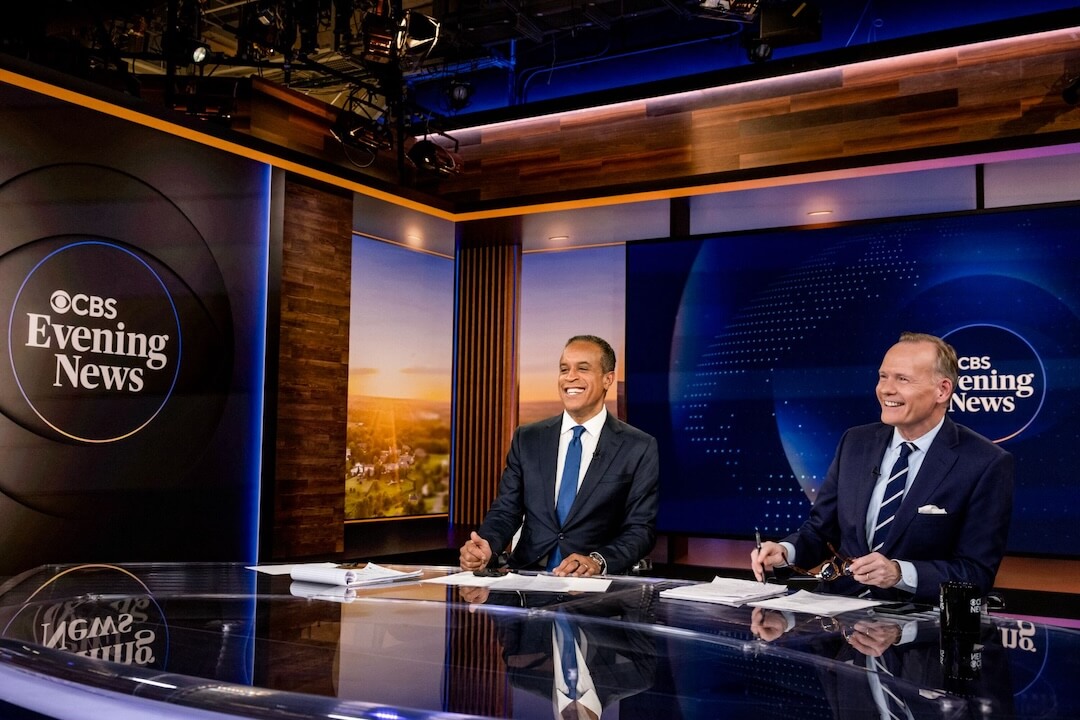NPR is still worried that retweets can easily be misconstrued as endorsements, according to a memo from standards and practices supervising editor Mark Memmott obtained by Jim Romenesko.
According to Memmott, “despite what many say, retweets should be viewed AS endorsements.” He quoted from NPR’s ethics handbook:
“Tweet and retweet as if what you’re saying or passing along is information that you would put on the air or in a ‘traditional’ NPR.org news story. If it needs context, attribution, clarification or ‘knocking down,’ provide it.”
The reiterated policy of treating every retweet as a message that could be dangerously misconstrued comes in light of an education blogger lamenting on an official NPR account that “only the white guys get back to me” on deadline. She later said it should have gone out on her personal account:
So that ill-phrased @npr_ed tweet https://t.co/xQiV0ylyRn should have gone out on this account.
— Anya Kamenetz (@anya1anya) July 2, 2014
But that incident presents a separate issue from retweeting, say, a politician with an offensive viewpoint, so the fact that Memmott took this opportunity to reiterate the dangers of retweeting is a little puzzling. Besides, the policy doesn’t seem to give readers much credit for understanding how Twitter works. And it’s probably a little scary if you’re an NPR reporter trying to make the most of social media.
That said, NPR’s reiterated rules of the road are similar to what the Associated Press recommends in its social media guidelines [PDF]:
RETWEETING
Retweets, like tweets, should not be written in a way that looks like you’re expressing a personal opinion on the issues of the day. A retweet with no comment of your own can easily be seen as a sign of approval of what you’re relaying.…
These cautions apply even if you say on your Twitter profile that retweets do not constitute endorsements. Many people who see your tweets and retweets will never look at your Twitter bio.
In other words, AP seems to be saying, don’t avoid the infamous “RTs ≠ endorsements” disclaimer because it’s unnecessary hand-holding; avoid it because it’s insufficient hand-holding. Sree Sreenivasan has called the disclaimer a “useless crutch,” making a similar point: “RTs are implied endorsements. … The only way to make sure your tweets aren’t misconstrued is to add a few words before the material you’re retweeting.”
(An NPR spokesperson tells Poynter “there is no policy specifically regarding what to include or not in Twitter bios.” AP social media editor Eric Carvin has said the AP doesn’t require it: “I personally prefer to use the limited space in other ways.”)
The New York Times, meanwhile, has always offered a nice example of how to encourage smart social media use in the newsroom without codifying a long list of proscriptions and warnings. Here’s what Philip B. Corbett, associate managing editor for standards at the Times, told Poynter in an email:
In general, I think Twitter users by now understand that a retweet involves sharing or pointing something out, not necessarily advocating or endorsing. We just encourage our staffers to be mindful of the overall impression people will get from their tweets, so that their feed does not undermine their impartiality as journalists. That doesn’t mean they can’t pass along links and retweets that reflect a range of viewpoints.
That’s really not miles apart from NPR’s standard in essence: Just be smart. The Times’s Patrick LaForge, who launched the “RTs ≠ endorsements” craze, says the phrase makes him cringe now. But even the most ardent “RTs ≠ endorsements” haters realize retweets can sometimes send the wrong message; rejecting the notion that retweets imply endorsement unless you specify otherwise doesn’t mean it’s impossible to mislead.
As LaForge told BuzzFeed’s Charlie Warzel: “If I think a retweet is likely to confuse people about my viewpoint, or if there is some doubt about the accuracy of the original tweet, I add attribution, skepticism or other context. Or I skip it.”
Twitter might be full of land mines, but too many reporters still haven’t taken their first steps into the field. A scary memo about how easy it is to make a mistake on Twitter doesn’t really encourage the use of Twitter. And as PJ Vogt pointed out at On The Media, making a mistake on Twitter can sometimes be educational anyway — for you and your readers.
Correction: A previous version of this post misspelled Mark Memmott’s last name.






Comments